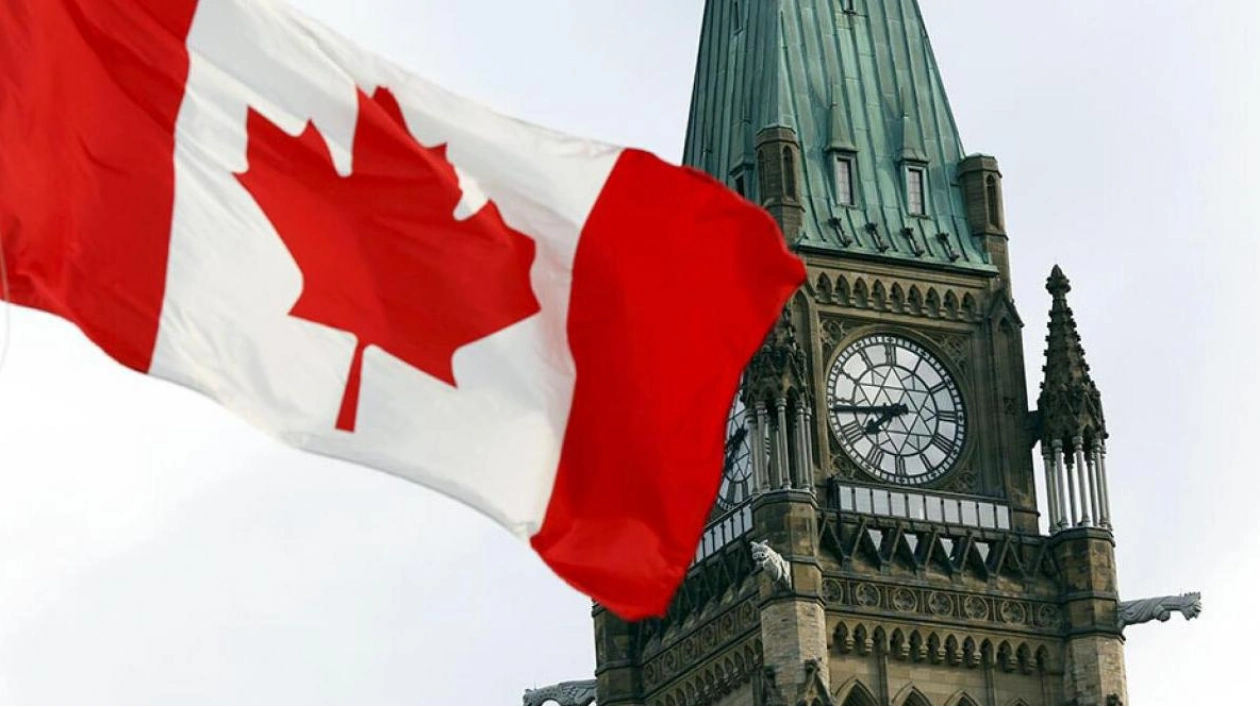The Canadian government announced on Wednesday that it is further reducing the number of study permits granted to foreign students and tightening eligibility for work permits in an effort to decrease the number of temporary residents in the country. This move comes as Prime Minister Justin Trudeau's Liberal government, which is currently trailing in public opinion polls and suffered a significant by-election loss this week, aims to reduce the number of temporary residents, including international students and foreign workers. The issue has become highly contentious in Canadian politics, with a federal election scheduled no later than October 2025.
The changes announced on Wednesday will reduce the number of international study permits issued to 437,000 in 2025. According to immigration department data, Canada approved 509,390 study permits in 2023 and 175,920 in the first seven months of 2024. Additionally, the changes will limit work permit eligibility for spouses of certain students and temporary foreign workers. With a surge in refugee claimants, the government also plans to review measures to strengthen visa integrity and is "reviewing visa decision-making so that our highly trained officers have the right tools to detect fraud and reduce the number of non-genuine visitors."
"The reality is that not everyone who wants to come to Canada will be able to — just like not everyone who wants to stay in Canada will be able to," said Immigration Minister Marc Miller in a statement. The government has already committed to reducing the number of temporary residents to 5% of the total population, down from 6.8% in April. Migrants have been blamed for societal issues such as a lack of affordable housing and increased living costs, despite post-pandemic inflation slowing to the Bank of Canada's target of 2% annually in August.
Immigrant advocates and some economists argue that the link between migrants and economic problems is oversimplified, and that vulnerable newcomers should not be held responsible for complex economic issues. Polls indicate that a growing segment of the public believes Canada is admitting too many immigrants, leading to increased anti-migrant rhetoric and attacks in a country once known for its welcoming stance toward newcomers. Despite years of increasing the number of temporary residents, the federal government is now seeking to scale back.
In January, the government imposed a two-year cap on international students, with approvals expected to decrease by nearly half this year. Earlier this month, the government reversed 2022 expansions to the temporary foreign worker program. In some sectors, it reduced the maximum share of any employer's workforce that can be composed of low-wage, temporary foreign workers. It also ended, in certain sectors, the use of low-wage temporary foreign workers in communities with high unemployment rates.






